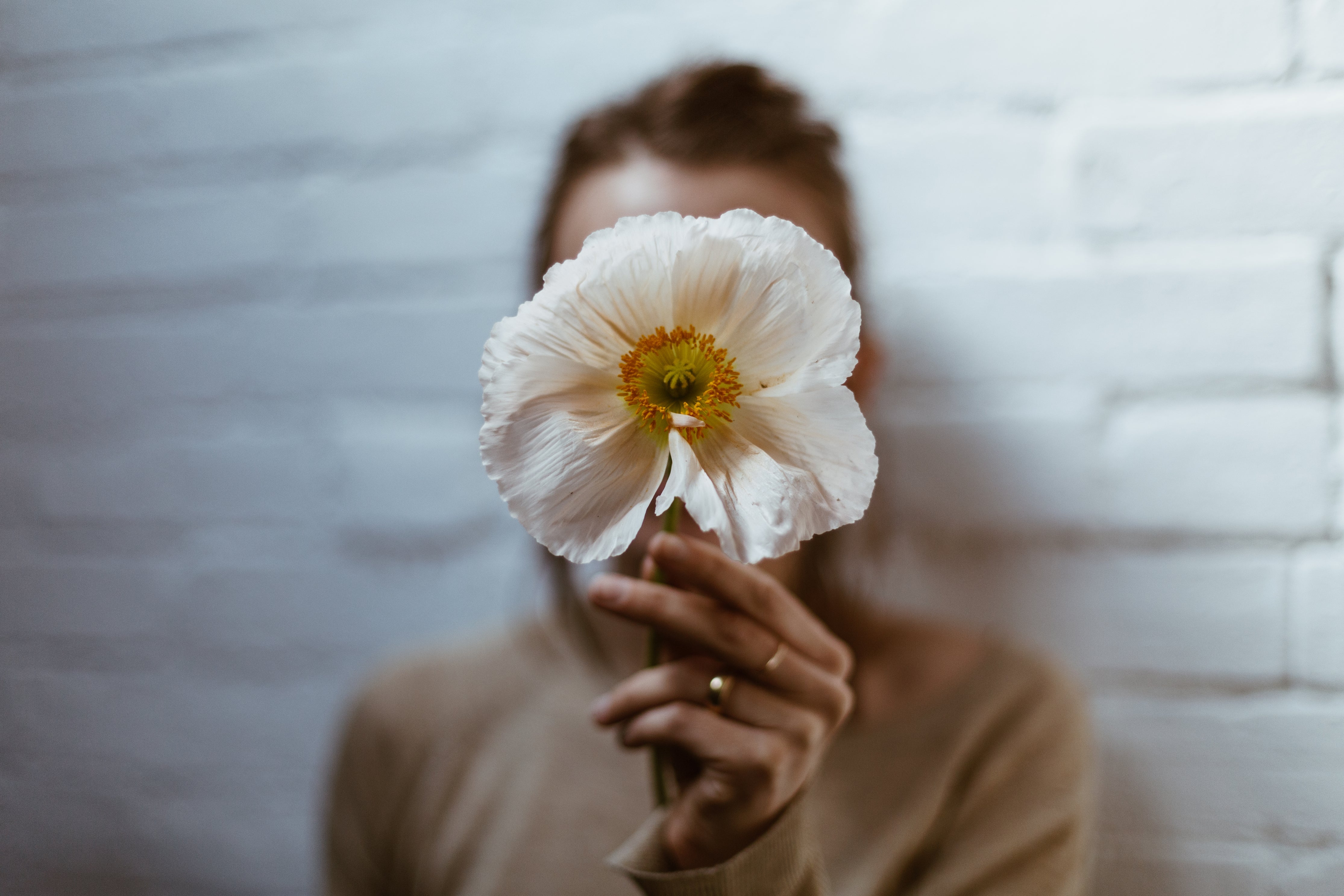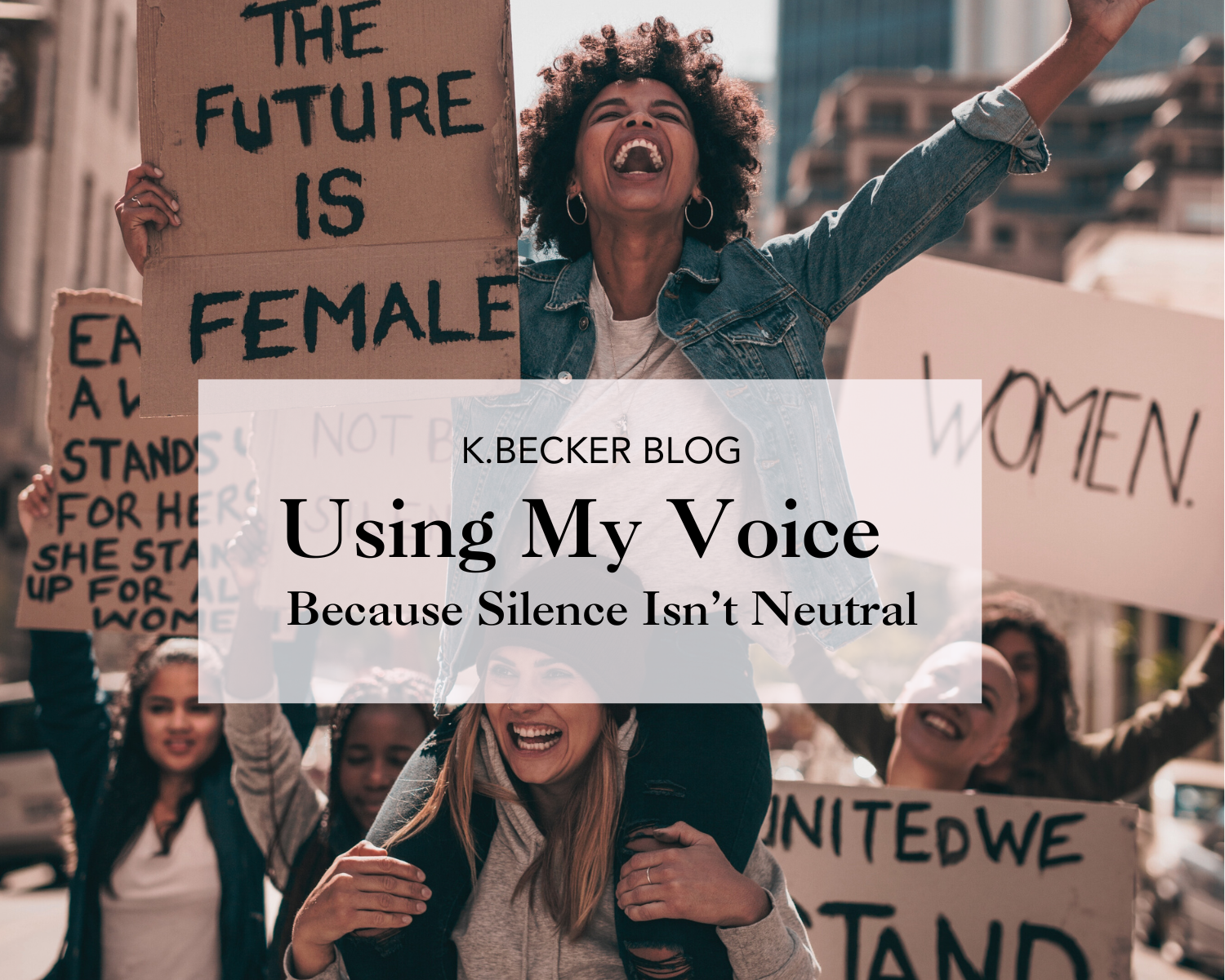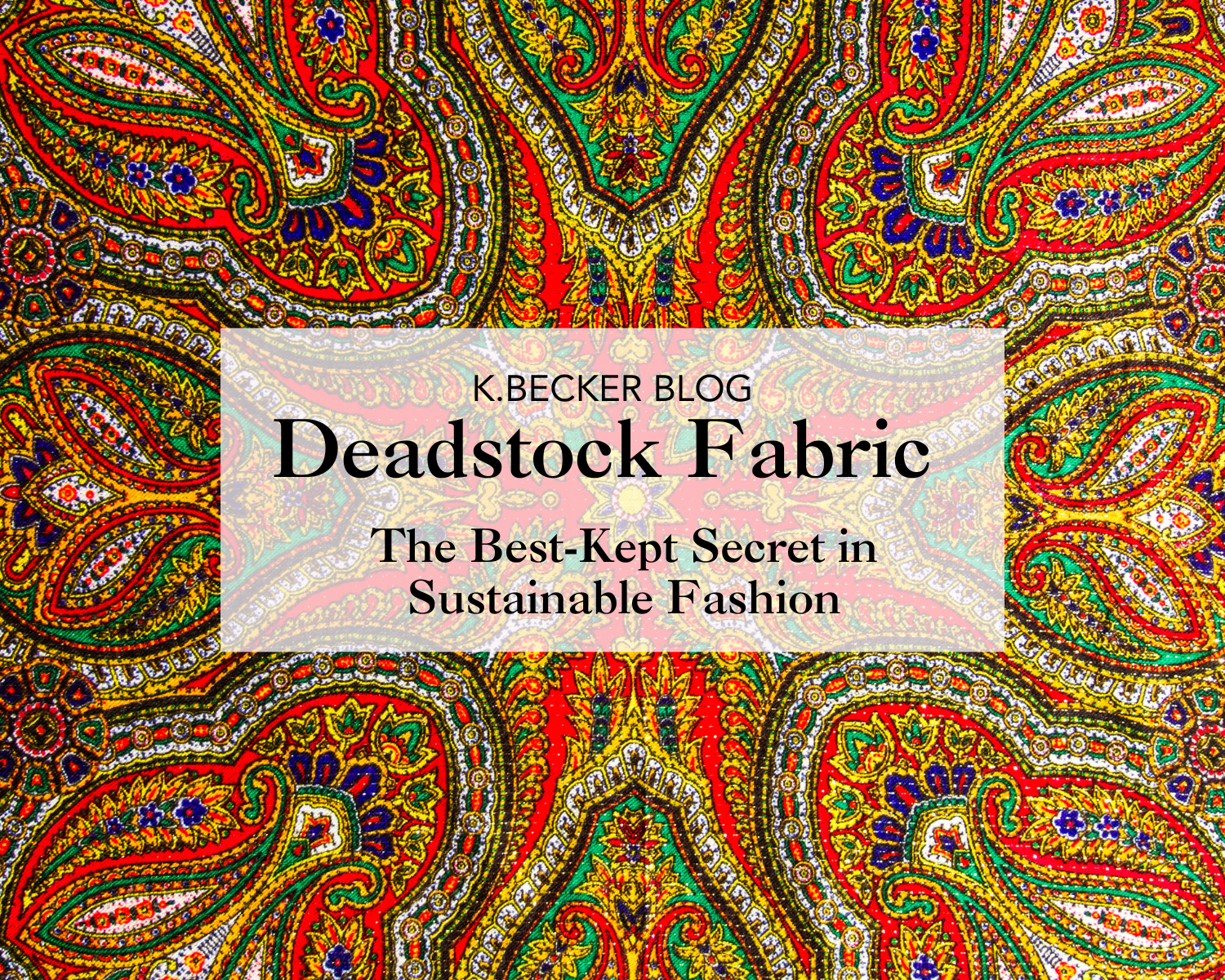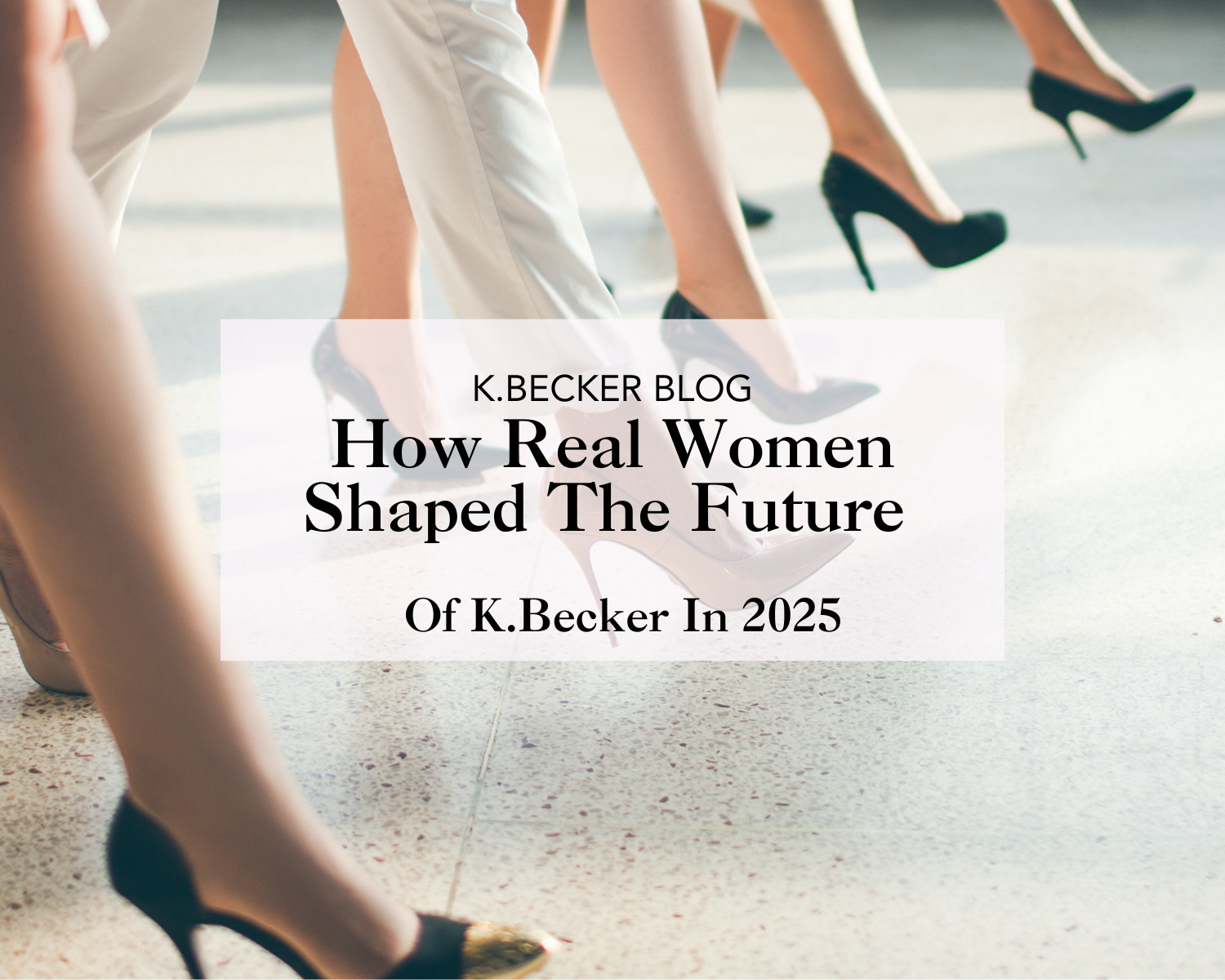About & Give Back at K. Becker
Kimberly Becker, a graduate of the Rhode Island School of Design, began her career as a textile designer before immersing herself in the fashion industry in New York City's garment district. She further honed her craft at École Lesage in Paris, where she trained as a professional stitcher in haute couture embroidery.
A passionate feminist, Kimberly is dedicated to empowering women worldwide. She spearheaded the installation of schoolyard bathrooms for girls in Uganda, enabling them to continue their education beyond age 12 when many drop out due to menstruation. Through her artistic training, she also creates "House Dresses," ethereal, flowing garments that tell powerful stories of women marginalized by society simply for being born female.
A bit about our values and our efforts to lower our carbon footprint...
We sew all garments at small cooperatives in New York’s Garment District. This greatly reduces the distance we are shipping garments before they reach the customer.
Our knitwear is made on demand in Brooklyn using 3D knitting machines which produces nearly zero waste in the manufacturing.
We offer a buy-back program for our garments. Send your K. Becker garments back, receive a 30.00 credit toward a future purchase, and we clean and mend them and then re-list at a discount on the website. Committing to a circular lifespan for our garments keeps them out of landfills.
We use high-quality materials and sewing techniques to ensure that our clothing lasts for many years.
We manufacture in small batches which results in less garments ending up unsold and needing to be disposed of. And whenever possibly, we often source deadstock fabric from Italy to further support a circular life for the fabric, keeping it out of landfills.
We give 5% of all profits to two programs that support young women around the world.
1. Dreams of the Tropical Youth (DROTY)Uganda
A Non-profit in rural Uganda that supports young women and encourages them to stay and complete their educations
2. BRIGID ALLIANCE
A non- profit that supports women's health.
They work with individuals and communities disproportionately affected by abortion restrictions: women living at or below the federal poverty line, people of color, minors, undocumented immigrants, people living in communities with limited transportation infrastructure, individuals living in states hostile to women’s healthcare, disabled people, survivors of abuse, and those who rely on Medicaid or are uninsured.

Brigid Alliance
We support women's access to safe abortions
They work with individuals and communities disproportionately affected by abortion restrictions: women living at or below the federal poverty line, people of color, minors, undocumented immigrants, people living in communities with limited transportation infrastructure, individuals living in states hostile to women’s healthcare, disabled people, survivors of abuse, and those who rely on Medicaid or are uninsured.




